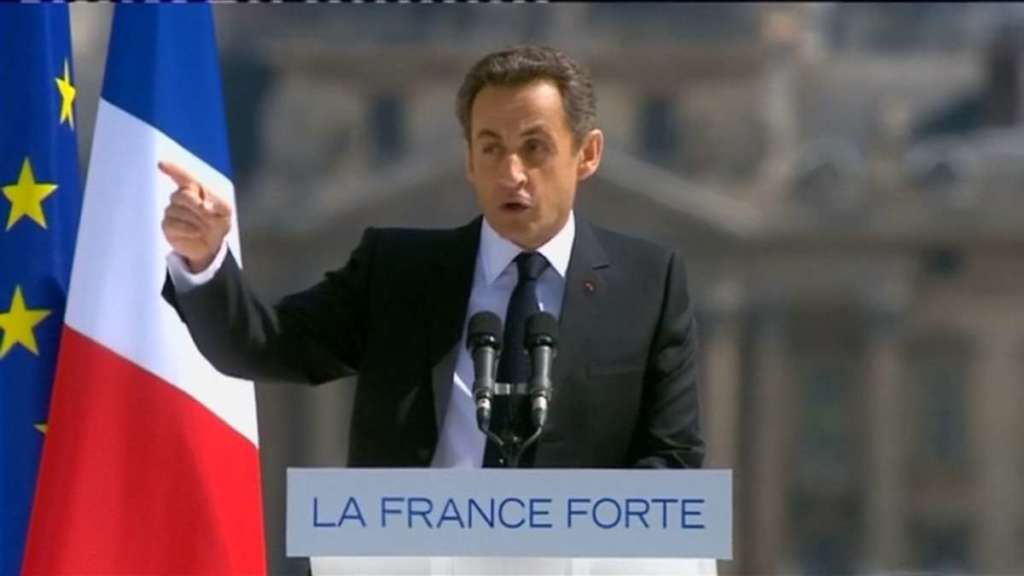Paris- No one was surprised when Nicolas Sarkozy announced his candidacy for presidency. Sarkozy, 61, wants to be the first former president to return to the Élysée Palace after five years of absence following his defeat by current president François Hollande in 2012. In this step, the Republicans aim to take revenge from their political rival.
However, the dream of Sarkozy seems to face several obstacles, starting with the internal elections of the Republicans which is scheduled for November 27 and which will decide the party’s nominee against other candidates.
Alain Juppé is the man rival against Sarkozy amongst the 13 Republican candidates.
Juppé topped the Republicans’ candidates list with up to 73% while Sarkozy earned only 55%, according to Ipsos survey. However, this survey does not take into account the new book to be published by Sarkozy, “Everything for France”, considered as his electoral campaign.
Observers agree that Sarkozy bets on the change of French public opinion and its bias towards strict Republicans, not to say the extremist. Thus his campaign is not based on economic affairs as unemployment, absence of growth and weakness of economy, not even the foreign policy or the future of European Union.
The trilogy of “security, identity and peace” will be the foundation of Sarkozy’s campaign.
Sarkozy wants to appear as the strong man who will restore the country’s reverence, a very simple method. However, not only does he have to worry over defeating his rivals but also over his involvement in judicial cases and other scandals claiming that Muammar Gaddafi funded his campaign.
The terrorist attacks France has witnessed since January and the fake connection of executors to Islam worsened islamophobia as well as intensified competition among politicians to appear as the defendants of national identity and citizens’ security.
